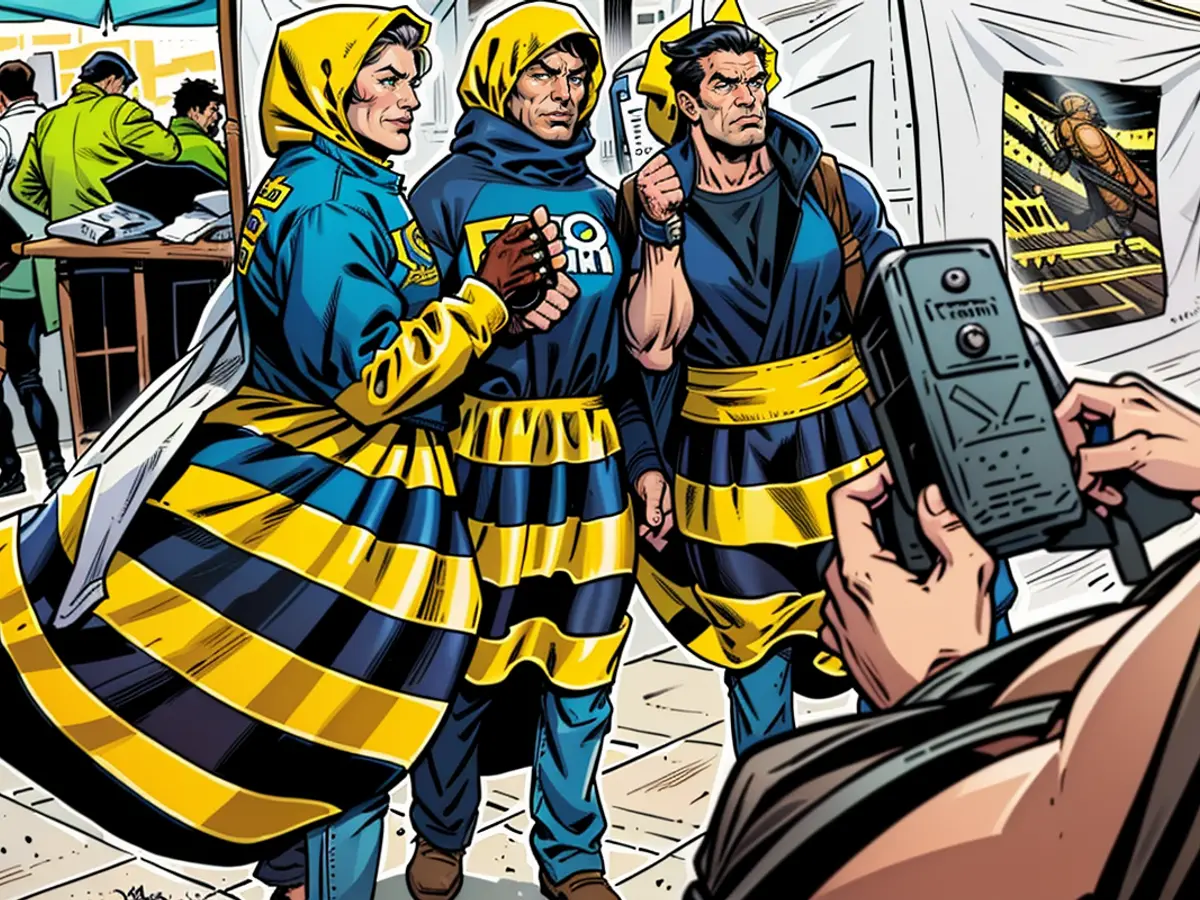Cabinet - State government draws positive conclusion on species protection
Five years after the successful citizens' initiative "Save the Bees," the state government draws a positive balance of their efforts for species protection. Approximately 90 percent of the measures from the citizens' initiative and the accompanying law passed in 2019 have been implemented, according to Environment Minister Thorsten Glauber (Free Voters) and Agriculture Minister Michaela Kaniber (CSU) after a cabinet meeting in Munich on Tuesday. However, they also acknowledged that there is still a catch-up phase in some areas, such as the targeted reduction of pesticide use in agriculture or the increase of ecological farming areas.
The initiative, which was launched by the ODP in 2019, had collected over 1.7 million signatures and was the most successful in Bavarian history at that time. It forced the state government to significantly step up its efforts in environmental, nature, and species protection.
"We are creating a home for future generations," said Glauber contentedly today. Kaniber added that the state government would keep its promise. Among the achievements they mentioned were a significant increase in financial resources for species protection, a nearly doubling of the areas in the Bavarian Habitat Conservation Program, the successful establishment of riparian buffer strips, and the expansion of biotope connection areas throughout Bavaria.
However, there is still a lot to be done in other areas. The amount of chemically synthetic plant protection agents used in agriculture was reduced by around 19 percent compared to the average of the years 2014 to 2018 until 2022. However, the goal is to reduce pesticide use by 50 percent by 2028.
The expansion of areas for ecological farming is also making progress, but not as quickly as planned. The latest figure, measured in relation to all agricultural areas, was 13.6 percent. The goal for 2025 is actually 20 percent, and for 2030, at least 30 percent. "Of course, that's a long-distance race," Kaniber conceded. "But we can't force consumers to buy organic products."
- The successful "Save the Bees" initiative in Munich, originating from the ÖDP in 2019, took place in the heart of Bavaria.
- At a cabinet meeting in Munich, Environment Minister Thorsten Glauber (Free Voters) and Agriculture Minister Michaela Kaniber (CSU) discussed the implementation of measures from the "Save the Bees" initiative and the accompanying law.
- The efforts for species protection in Bavaria, driven by the "Save the Bees" initiative, have seen significant advancements, particularly in the increase of financial resources and ecological farming areas.
- The passing of the "Save the Bees" referendum in Munich led to a significant push for environmental, nature, and species protection by the Bavarian state government.
- The expansion of biotope connection areas in Bavaria is part of the state government's commitments following the successful "Save the Bees" initiative in Munich.
- The CSU and the Free Voters, as part of the Bavarian state government, are continuously working towards achieving the goals set out in the "Save the Bees" initiative, such as reducing pesticide use and increasing ecological farming areas.








